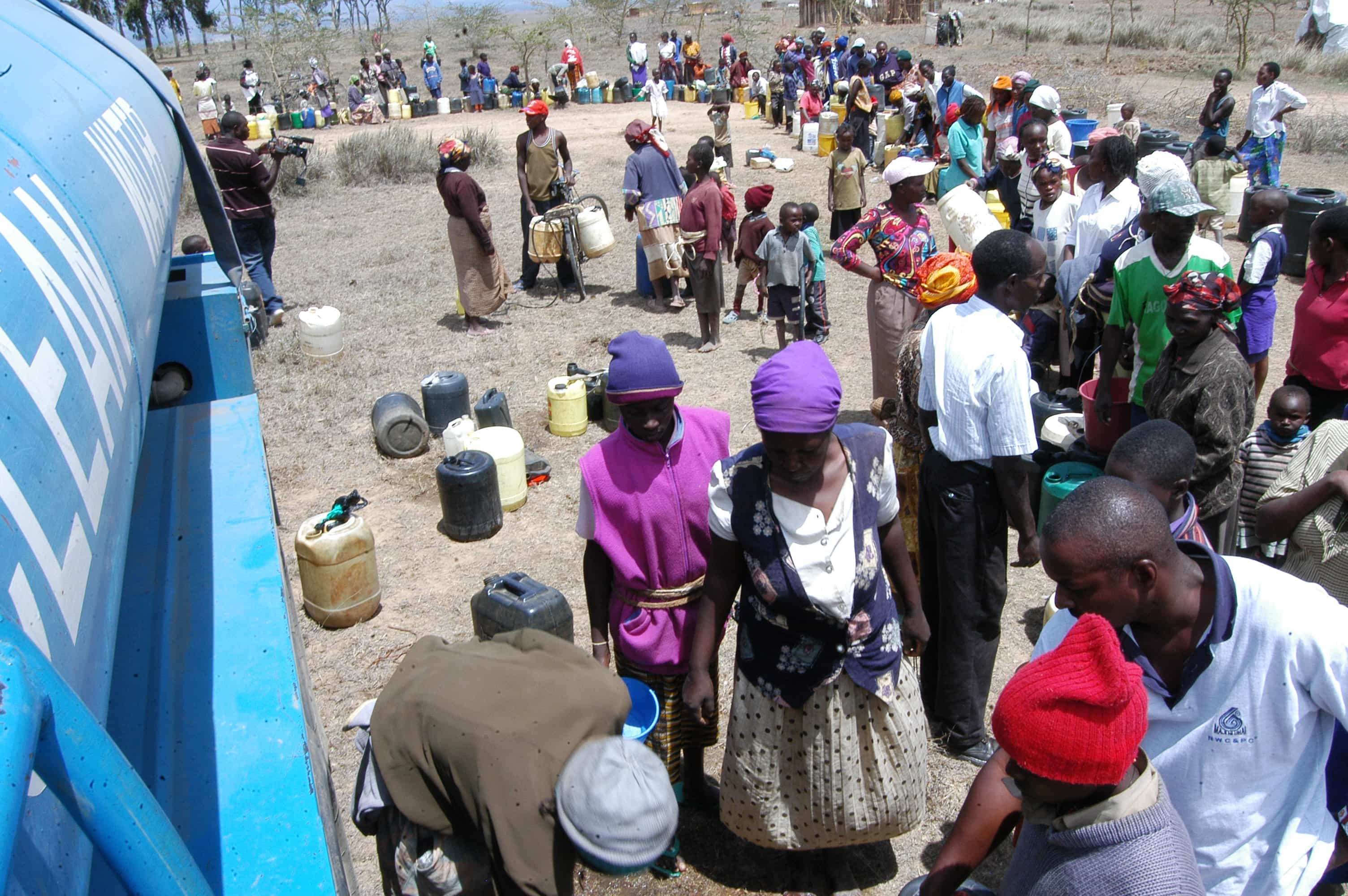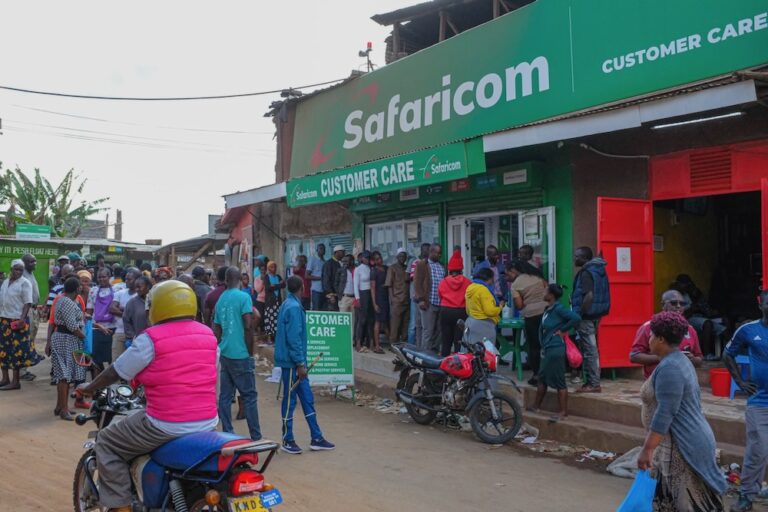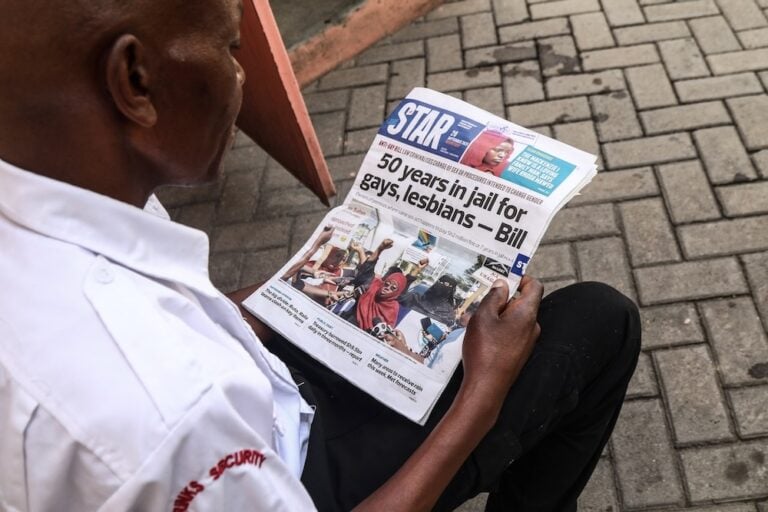To mark World Water Day, ARTICLE 19 and the Water Services Regulatory Board held a roundtable discussion in Mombasa. Key issues raised included the lack of information about water connections and how often and for how long water would be available.
Access to information plays a vital role in securing basic rights for all people, including the right to water, especially in water-scarce countries like Kenya. As part of a series of activities to mark World Water Day and ongoing projects to share vital water related information, ARTICLE 19 and the Water Services Regulatory Board held a roundtable discussion in Mombasa.
Access to adequate amounts of quality safe drinking water remains a challenge in Kenya, despite substantial investment in water production, treatment and distribution over the past decade. The poorest and most vulnerable people in Mombasa Country continue to suffer disproportionately by paying higher prices for less reliable water services.
Most of the people who attended the roundtable, and in particular women from informal settlements, raised concerns about continued poor and unreliable supply of water. Key issues raised were the lack of information about water connections, how often and for how long water would be available and about water supply rationing programmes for both informal and formal settlements.
Representatives from the water sector gave assurances that they would improve information about water provision and asked residents to report illegal water connections and cases of vandalism affecting the water supply.
ARTICLE 19 acknowledges the introduction and the positive work done by Water Action Groups – local committees, groups made up of 64 community representatives that act as intermediaries between consumers and service providers. Water Action Groups provide consumers with a direct complaint redress system, which breaks new ground in citizen participation and engagement.
ARTICLE 19 is disappointed however, that there are reports that in some regions, water service providers and water service boards still do not feel obliged to offer timely responses to complaints filed by water consumers.
“Water service providers and regulators have a duty not only to keep, organise and maintain water related information but also to proactively share information with the public. People should have information about how and when water is supplied, about sanitation and the license conditions which set out expected water quality and costs. Without this information, people are not able to participate meaningfully in discussions about the governance of the water sector to ensure better service delivery. Most importantly, they are not able to plan and enjoy their daily life as they should,” said Henry Maina, Director of ARTICLE 19 Eastern Africa.
Mombasa County is a clear example of the kinds of challenges Kenyans face in their bid to access safe drinking water.
Official figures show that 16.6 million Kenyans do not have access to safe drinking water, most of them based in urban poor and rural areas.
ARTICLE 19 urges water service providers and regulators in Kenya to fully embrace and effectively implement citizen engagement guidelines that clearly set out how citizens should access information, participate in service delivery and seek redress for unresolved complaints.



